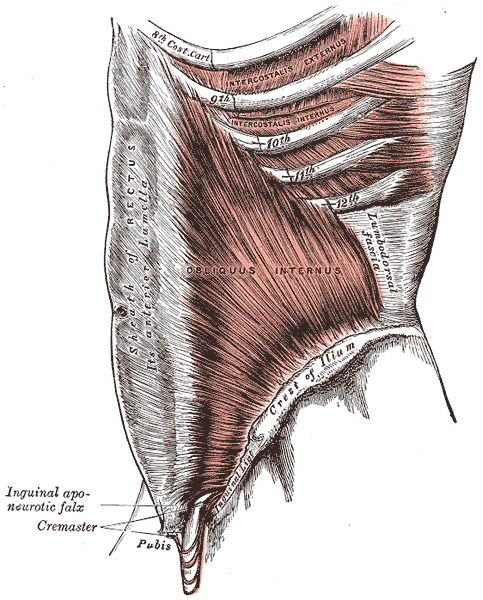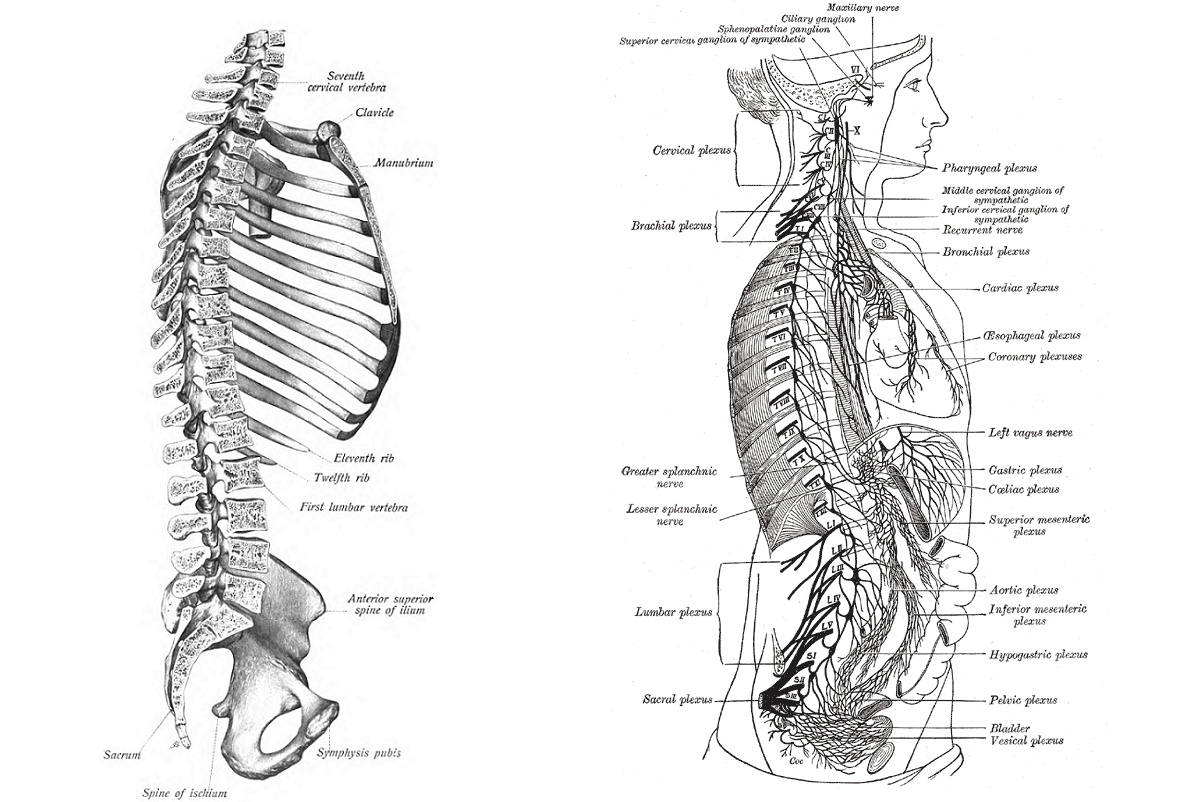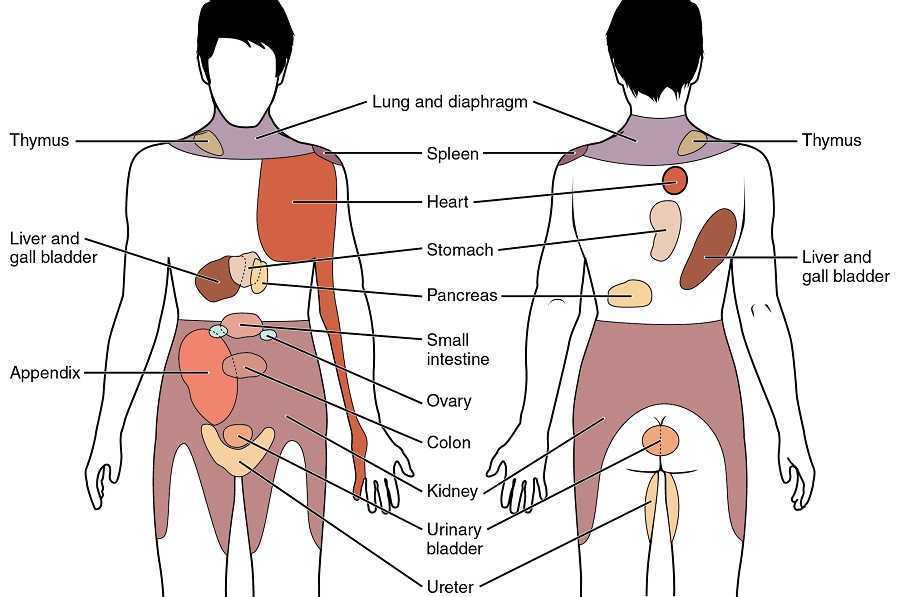Aparna Rajagopal PT, MHS, WCS, PRPC
 Aparna holds a bachelor of Science degree in Physical Therapy from India and a Master of Health Sciences from the University of Indianapolis. She developed a growing interest in treating pregnant and post partum patients in 2003. The birth of her daughter in 2006 served as the driving force behind her passion for the field of pelvic dysfunction. She treats men, women and children with urological, gynecological and colorectal issues. Her work with female athletes led her to realize the importance of correct breathing techniques in rehabilitation and led her to co-author the breathing and diaphragm class.
Aparna holds a bachelor of Science degree in Physical Therapy from India and a Master of Health Sciences from the University of Indianapolis. She developed a growing interest in treating pregnant and post partum patients in 2003. The birth of her daughter in 2006 served as the driving force behind her passion for the field of pelvic dysfunction. She treats men, women and children with urological, gynecological and colorectal issues. Her work with female athletes led her to realize the importance of correct breathing techniques in rehabilitation and led her to co-author the breathing and diaphragm class.
She serves as lead therapist for the pelvic dysfunction program at Henry Ford Macomb Hospital where she mentors and teaches other pelvic therapists. She is consultant for the hospitals Sports therapy team for the athletic triad syndrome. She frequently presents and educates physicians, residents, physical therapists, and community support groups on physical therapy treatment for pelvic floor dysfunction. She serves as co-chair of the continuing education committee at her hospital system where she helps to write and develop courses.
She resides in the metro Detroit area with her husband and daughter and her interests include traveling the world, hiking, and reading.
Leeann Taptich DPT, SCS, MTC, CSCS
 Leeann Taptich has been a physical therapist since 2006. She graduated with a BS in Kinesiology from Michigan State University and a Doctorate of Physical Therapy from the University of St Augustine. In 2009, she earned her Manual Therapy from the University is St Augustine and her board certification as a Sports Certified Specialist in 2018.
Leeann Taptich has been a physical therapist since 2006. She graduated with a BS in Kinesiology from Michigan State University and a Doctorate of Physical Therapy from the University of St Augustine. In 2009, she earned her Manual Therapy from the University is St Augustine and her board certification as a Sports Certified Specialist in 2018.
Leeann leads the Sports Physical Therapy team at Henry Ford Macomb Hospital in Michigan where she mentors a team of therapists. She also works very closely with the pelvic team at the hospital which gives her a very unique perspective of the athlete. With her combination of credentials and her exposure to pelvic health she is able to use a very eclectic but complete approach in her treatment of orthopedic and sports patients. With the hospital system, she is involved with the community promoting health and wellness at local running competition and events.
Leeann is passionate about educating and teaching and has assisted in teaching multiple courses at the local State a university PT department. She is co-chair of the continuing education committee at her hospital where she writes and develops courses. She is co-author of the Breathing and Diaphragm class at Herman and Wallace.
Leeann lives in the metro Detroit area with her husband and 2 children. She enjoys hiking, traveling, and watching football.







 Aparna holds a bachelor of Science degree in Physical Therapy from India and a Master of Health Sciences from the University of Indianapolis. She developed a growing interest in treating pregnant and post partum patients in 2003. The birth of her daughter in 2006 served as the driving force behind her passion for the field of pelvic dysfunction. She treats men, women and children with urological, gynecological and colorectal issues. Her work with female athletes led her to realize the importance of correct breathing techniques in rehabilitation and led her to co-author the breathing and diaphragm class.
Aparna holds a bachelor of Science degree in Physical Therapy from India and a Master of Health Sciences from the University of Indianapolis. She developed a growing interest in treating pregnant and post partum patients in 2003. The birth of her daughter in 2006 served as the driving force behind her passion for the field of pelvic dysfunction. She treats men, women and children with urological, gynecological and colorectal issues. Her work with female athletes led her to realize the importance of correct breathing techniques in rehabilitation and led her to co-author the breathing and diaphragm class. Leeann Taptich has been a physical therapist since 2006. She graduated with a BS in Kinesiology from Michigan State University and a Doctorate of Physical Therapy from the University of St Augustine. In 2009, she earned her Manual Therapy from the University is St Augustine and her board certification as a Sports Certified Specialist in 2018.
Leeann Taptich has been a physical therapist since 2006. She graduated with a BS in Kinesiology from Michigan State University and a Doctorate of Physical Therapy from the University of St Augustine. In 2009, she earned her Manual Therapy from the University is St Augustine and her board certification as a Sports Certified Specialist in 2018.